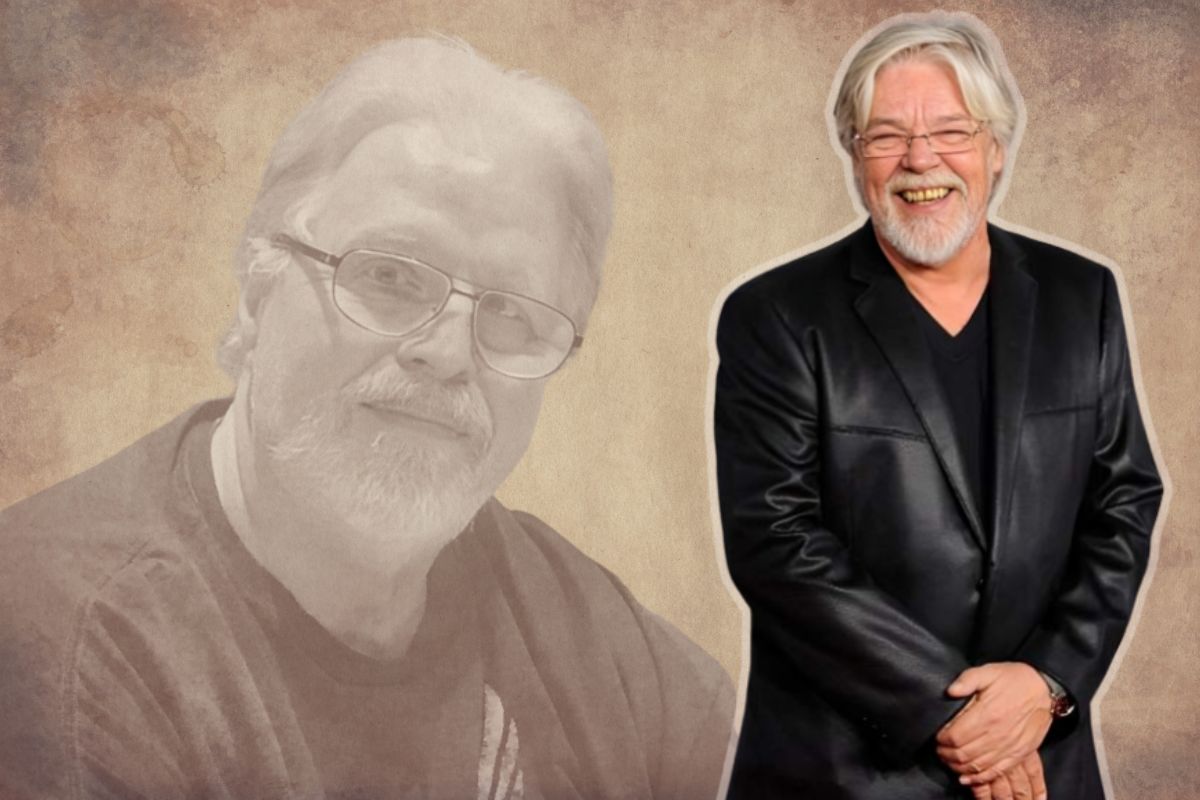Quincy Jones, a legendary music producer, songwriter, and arranger who passed away at 91 at his Bel Air house surrounded by family, is being mourned in the music business. Unmatched in his impact on the music business, Jones is well-known for his exceptional contributions to songs and his partnerships with musicians like Michael Jackson and Frank Sinatra Announcing his passing, his family celebrated the extraordinary life he led and showed great pride mixed with great sadness.
A Journey of Musical Brilliance
Quincy Jones, born in Chicago in 1933, started his road to musical glory early and was naturally gifted and endlessly creative. Over decades, Jones transformed music, creating classic albums including “Thriller” by Michael Jackson and “Bad.”
These ground-breaking records changed mainstream music and inspired many other musicians. Renowned for his creative arrangements and production methods, Jones’s work permanently changed many genres, including pop and jazz.


Facing Health Struggles with Resilience
Quincy Jones struggled with several medical issues all his life, notwithstanding his great accomplishments. Many people were impressed by his candor regarding these challenges and increased awareness of the need to tackle health problems even among well-known people.
Recovering Multiple Brain Aneurysms
At 41, Jones suffered two consecutive brain aneurysms in 1974, a near-fatal event. Following a demanding 7.5-hour operation, surgeons found a second aneurysm needing quick attention. Though the chances of survival were low, Jones broke through expectations by surviving both operations.
This brush with death caused him to rethink his life and inspire great respect for time and relationships. As depicted in his 2018 Netflix documentary “Quincy,” his road to recovery was difficult and calls for therapy to master certain abilities and manage memory loss.
Battling Diabetes and Surviving a Diabetic Coma
Type 2 diabetes was identified in Jones; a persistent illness that finally caused a diabetic coma in 2015. He spent four days unconscious, under medical advice that lifestyle modifications were required.
Jones took this wake-up call seriously, stopped drinking alcohol, and started bettering her lifestyle, which finally helped her to lose fifty pounds. Reflecting on this change, he underlined in his Netflix documentary the benefits of his mental clarity and quality of life.


Overcoming Heart Issues and a Blood Clot
Jones also had heart issues over his life, with symptoms including coughing and chest discomfort. Hospitalized with a blood clot at 82, he was advised by specialists on the dangers of travel and lifestyle changes.
Tenacious and committed to recovery, Jones informed his doctor, “I’m a responder and a survivor.”
The Impact of Hearing Loss on His Music Career
One less well-known health problem Jones experienced was severe hearing loss, a difficulty for everyone working in the music business. Still, he adjusted and proved resilient, working on projects even into his later years.
A Legacy That Will Inspire Generations
With Quincy Jones dead, an era ends. Visionary, pathfinder, and indispensable icon whose impact on popular culture and music is still felt.
His legacy gains still another level from his tenacity against both personal and professional challenges. We honor his remarkable life and the legacy he leaves behind—a legacy that will inspire and uplift the next generations while we grieve his loss.
















